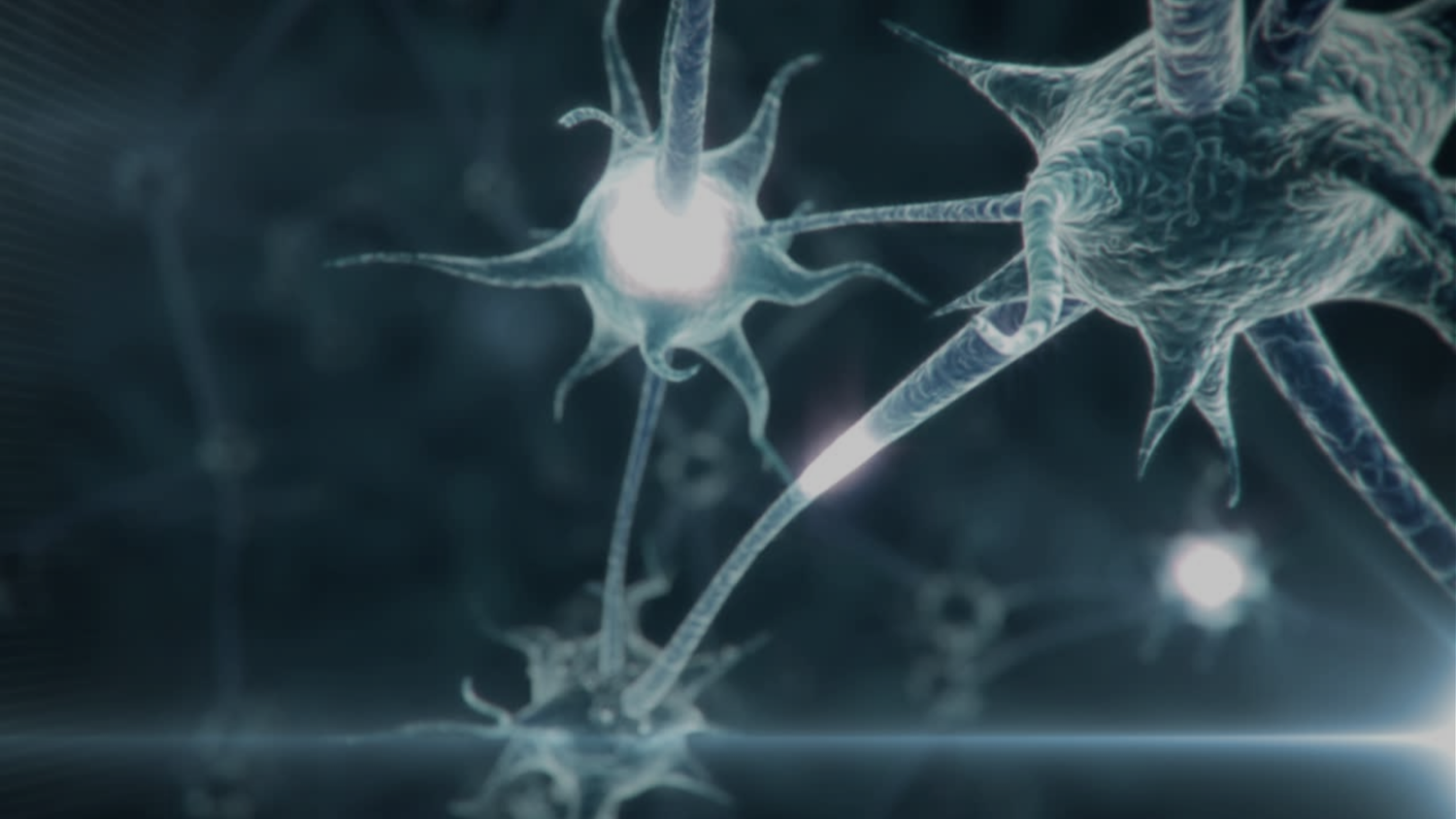Allergies occur when the body's immune system overreacts to substances that are normally harmless, such as pollen, animal dander, or certain foods. The immune system sees these allergens as threats and releases antibodies that trigger allergic reactions such as itching, swelling, and difficulty breathing. But why do some people develop allergies while others don't?
There are several factors that play a role in why we develop allergies.
Heredity, environmental influences and lifestyle can all contribute to whether we develop allergies. If one of your parents has allergies, there is an increased risk that you will also develop them. Exposure to allergens during childhood, such as pollen or pets, can also increase the risk, as can changes in our environment, such as pollution and chemicals.
Genetics and heredity
Genetics play a crucial role in the development of allergies. If one or both parents have allergies, there is a significant chance that the child will also develop allergies. This genetic predisposition makes the immune system more likely to overreact to otherwise harmless substances. This means that your body's defense mechanism, which is designed to protect against harmful bacteria and viruses, mistakenly sees these substances as a threat.
Environment and exposure
Environmental factors also play a major role in the development of allergies. Increased exposure to allergens such as dust, pollen, animal dander, and mold can trigger allergic reactions, especially in those who are genetically predisposed. In addition, modern lifestyles and urbanization, which often involve less exposure to nature, can be contributing factors. Our immune system may not be sufficiently "trained" to handle certain natural substances, making it more sensitive to allergens.
The hygiene hypothesis
Another theory that may explain why allergies have become more prevalent in recent years is the hygiene hypothesis. This hypothesis suggests that modern lifestyles, with increased hygiene and less exposure to bacteria and viruses during childhood, may lead to a weakened immune system. When the immune system is not given enough "training" through contact with microorganisms, it can become overactive and begin to react to harmless substances such as allergens.
Food allergies and intolerances
Some people experience allergic reactions to certain foods, such as milk, eggs, fish, and nuts. Food allergies are caused by the immune system reacting to specific proteins in the food, which can lead to symptoms such as swelling, itching, difficulty breathing, or even anaphylaxis in severe cases.
At Valida Health, we offer the FoodPrint® 200+ Food Intolerance Test , which can help identify foods that your body may be reacting negatively to. Using advanced technology, we can analyze your IgG antibodies and help you tailor your diet to avoid the foods that are affecting you negatively.
What can you do?
It is important to distinguish between allergies and intolerances for effective treatment. Allergies involve the immune system and are measured by IgE antibodies, while intolerances, which are measured by IgG antibodies, typically cause delayed symptoms such as digestive problems.
At Valida Health, we offer both types of tests. Our FoodPrint® 200+ food intolerance test analyzes reactions to over 200 foods and helps you understand which foods you should avoid. Results for intolerance tests typically take 1-2 weeks, while allergy test results are ready within 2 days via the MinSundhed app.v



